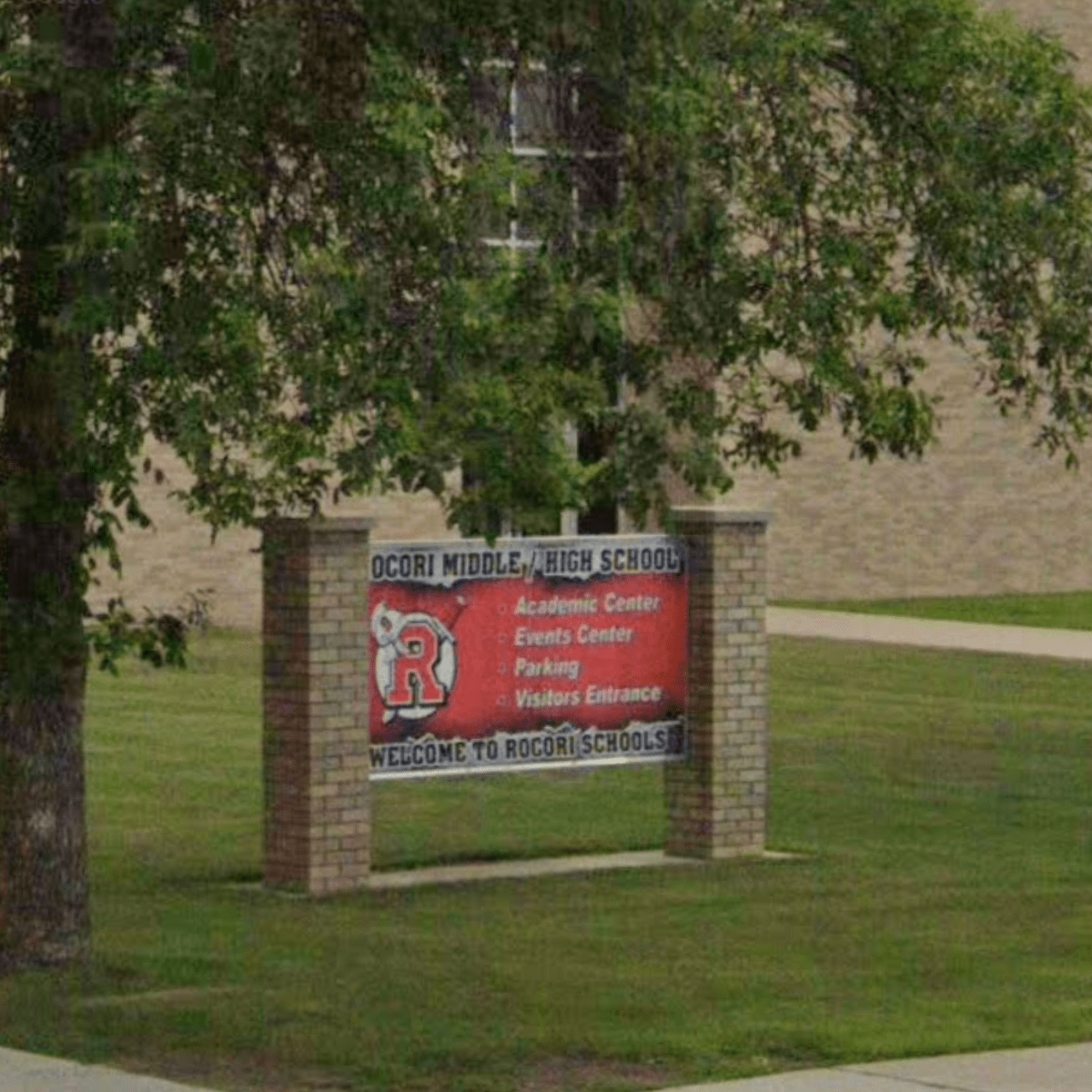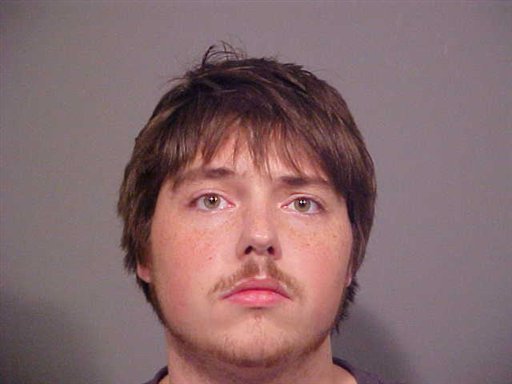Cho Didn’t Get Court-Ordered Treatment:
With the failure of Cho Seung-Hui getting his court-ordered psychiatric treatment, all parties involved are busy playing the blame game.
“The system doesn’t work well,” said Tom Diggs, executive director of the Commission on Mental Health Law Reform, which has been studying the state mental health system and will report to the General Assembly next year.
Involuntary outpatient commitments are relatively uncommon in Virginia, officials said, because those in the system know they are not enforced. They are almost an act of faith.
“When I let the person go outpatient, I always put on the record, ‘I hope I don’t read about you tomorrow in the paper. . . . Don’t make me look like the foolish judge that could have stopped you,’ ” said Lori Rallison, a special justice in Prince William County. “And knock wood, that hasn’t happened. But it can.”
Cho’s case is a classic example of some of the flaws in the outpatient treatment system.
Ya think?
Cho, they said, slipped through a porous mental health system that suffers from muddled, seldom-enforced laws and inconsistent practices. Special justices who oversee hearings such as the one for Cho said they know that some people they have ordered into treatment have not gotten it. They find out when the person “does something crazy again,” in the words of one justice — when they are brought back into court because they are considered in imminent danger of harming themselves or others.
So if you’re dangerously crazy in Virginia you get a free pass, it seems like.
A day later, on Dec. 14, 2005, Paul M. Barnett, the special judge, decided that Cho was an imminent danger to himself as a result of mental illness and ordered him into involuntary outpatient treatment. It is a practice that Terry W. Teel, Cho’s court-appointed lawyer and a special judge himself, said they use “all the time” in Blacksburg. Special justices such as Barnett are lawyers with some expertise and training who are appointed by the jurisdiction’s chief judge.
Teel said he does not remember Cho or the details of his case. But he said Cho most likely would have been ordered to seek treatment at Virginia Tech’s Cook Counseling Center. “I don’t remember 100 percent if that’s where he was directed,” Teel said. “But nine times out of 10, that’s where he would be.”
And there, he said, ended the court’s responsibility. The court doesn’t follow up, he said. “We have no authority.”
And why doesn’t the court have authority? They’re ‘the court’ for crying out loud. If they don’t have the authority, who does?
That night, Cho e-mailed a roommate saying he might as well kill himself. The roommate contacted police, who brought Cho to the New River Valley Community Services Board, the government mental health agency that serves Blacksburg.
There, Kathy Godbey examined Cho and found he was “mentally ill and in need of hospitalization,” according to court papers. That was enough to have Cho temporarily detained at Carilion St. Albans Behavioral Health Clinic in Christiansburg, a few miles from campus, until a special justice could review his case in a commitment hearing.
New River Valley’s Mike Wade maintained that the community services board’s responsibility ended there.
I see a lot of responsibility ending, but no responsibility taking. How come no one saw this huge gap in responsibility before? Why did it have to take the deaths of 32 innocent victims?
“When a court gives a mandatory order that someone get outpatient treatment, that order is to the individual, not an agency,” said Christopher Flynn, director of the Cook Counseling Center. The one responsible for ensuring that the mentally ill person receives help in these sorts of cases, he said, is the mentally ill person. “I’ve never seen someone delivered to me with an order that says, ‘This person has been discharged; he’s now your responsibility.’ That doesn’t happen.”
Virginia law says community services boards — the local agencies responsible for a range of mental health services — “shall recommend a specific course of treatment and programs” for people such as Cho who are ordered to receive outpatient treatment. The law also says these boards “shall monitor the person’s compliance.”
When read those portions of the statute, Wade said, “That’s news to us.”
Oh, that’s just great. The people running the mental health agencies don’t even know the law.
I’m not saying that forced treatment would or wouldn’t have stopped a madman like Cho Seung-Hui, but we’ll never know until someone tries.
Ever since the day after Virginia Tech, we’ve heard nothing but how they need to close the loophole in the gun laws. It wasn’t until 3 weeks later that someone besides me was talking about shoring up the mental health laws. That’s just sad.
I think the problem is that we’re too worried about people being offended. You can’t lock a crazy person up because they might get offended. I’d rather have a crazy person with hurt feelings than a mass of bodies.




